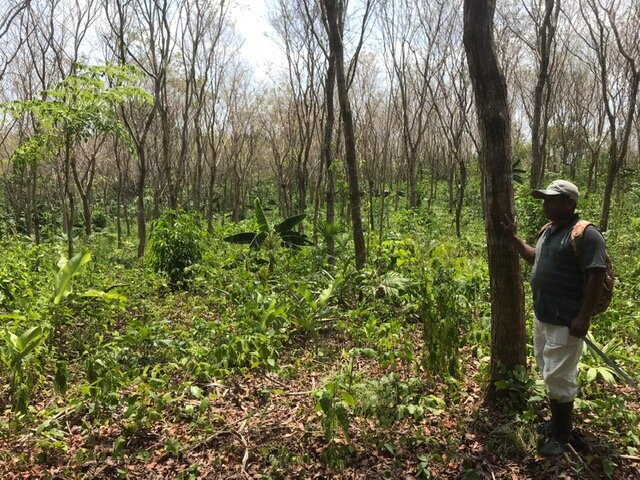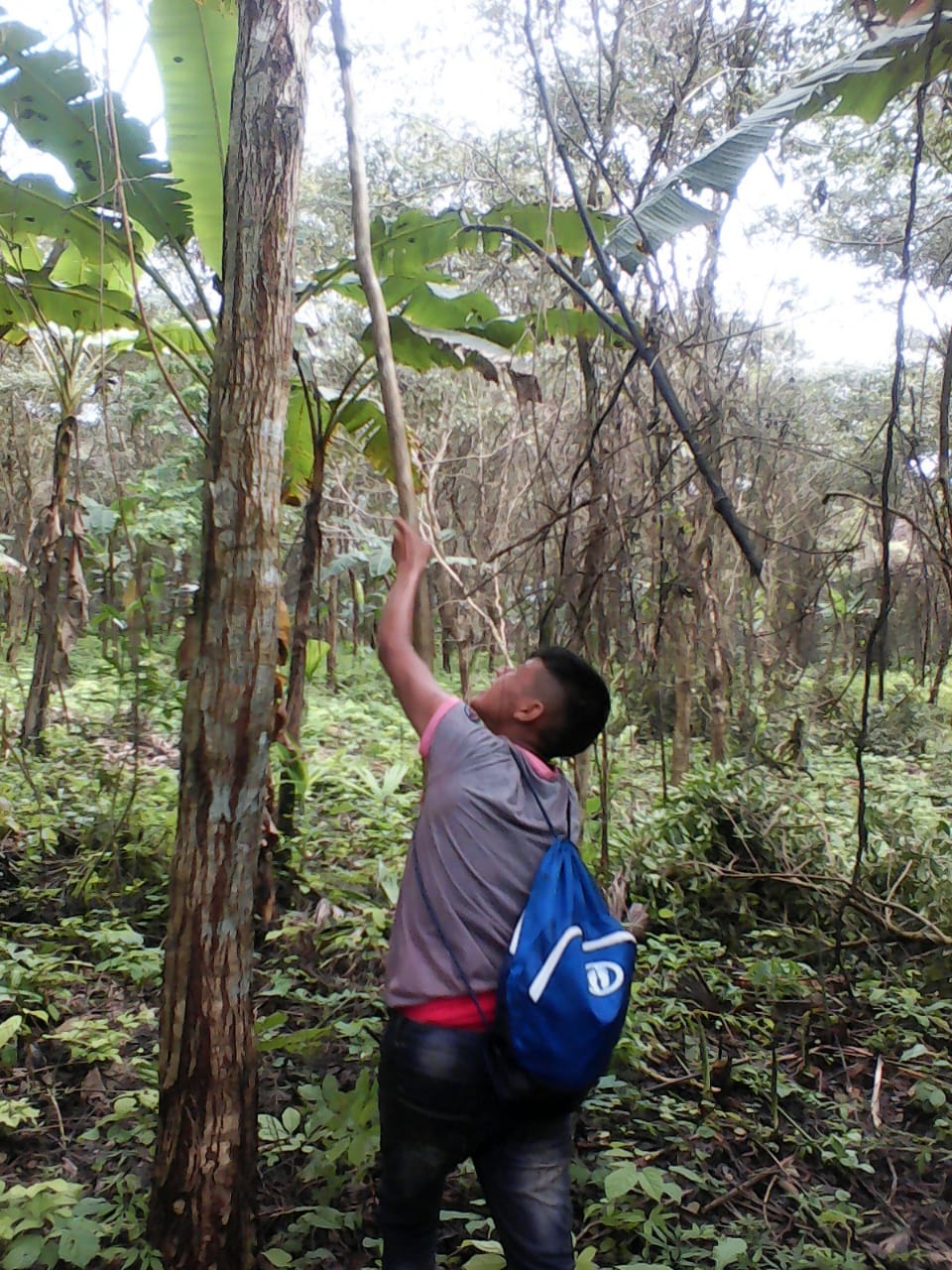Reforestation Act Proposed for Haiti and Armenia
/ Satellite image showing deforestation in Haiti. This image depicts the border between Haiti (left) and the Dominican Republic (right).
Satellite image showing deforestation in Haiti. This image depicts the border between Haiti (left) and the Dominican Republic (right).
An aid from Senator Dick Durbin’s office recently asked us to provide feedback on a bill introduced by the Illinois Senator that would reduce deforestation and promote reforestation in Armenia and Haiti.
The Haiti and Armenia Reforestation Act of 2013 intends to promote forestry, agroforestry, sustainable agriculture, pay-to-protect schemes, and local stewardship of forests in Haiti and Armenia, two countries that are largely deforested--98 percent and 93 percent, respectively.
The types of activities that would be eligible for funding through the bill include pay to protect programs, seed capital to forestry and agricultural cooperatives, technical training and oversight for reforestation efforts, adoption of clean cookstove technology, and technical and business training for local communities.
This bill brings to mind a framework for investing in forestry that was defined in the Guide to Investing in Locally Controlled Forestry. The guide, published by the Forests Dialogue and the Growing Forest Partnerships, divides forestry investments into two classes: enabling investment and asset investment.
Enabling investment is the foundational kind of capital that helps make forestry industry more attractive to traditional asset investors by securing land tenure and developing business and technical capacity. Asset investors benefit from enabling investment by investing in organizations that are better managed and more sustainable.
Funding through the Haiti and Armenia Reforestation Act of 2013 could be a powerful enabling investment because it would help address one of the key barriers for asset investors: lack of business capacity of the organization receiving financing. With grant support, NGOs or local government agencies could help small forestry enterprises become more “investable” by building their business and operational acumen.
We're inspired by the leadership of Sen. Durbin in proposing this bill, and hope that it is eventually passed into law once the government reopens.



